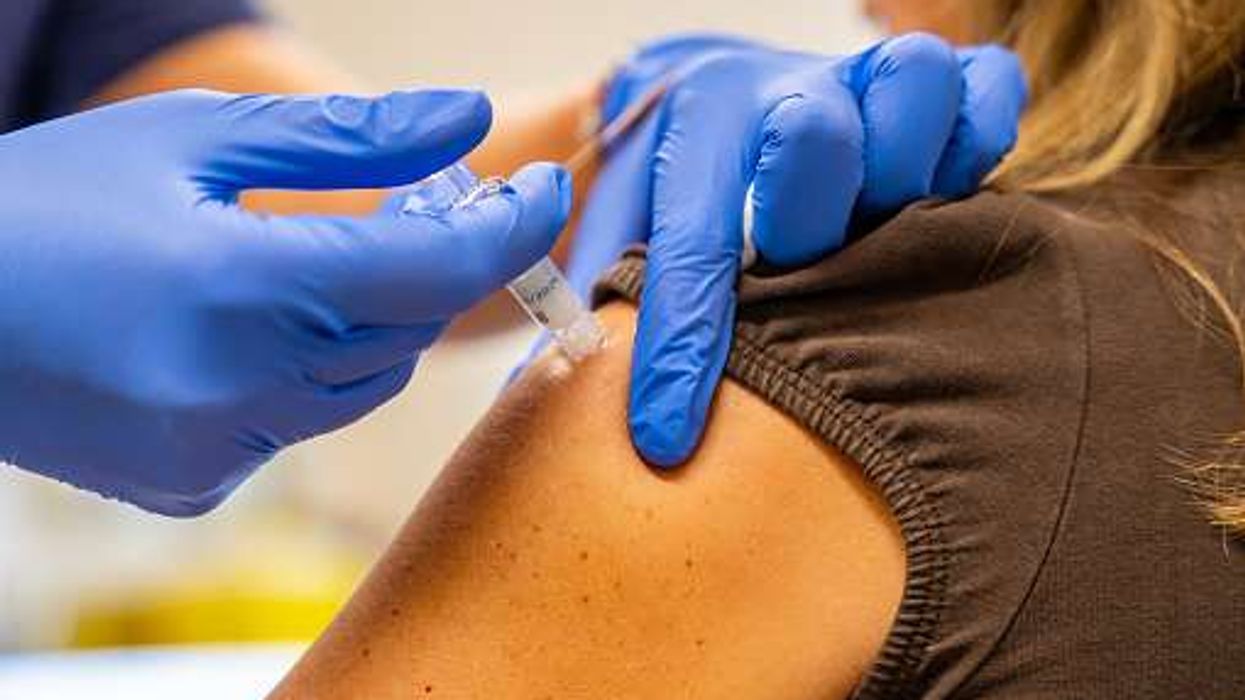The NICE has issued new guideline which sets out ways for healthcare professionals, including community pharmacists, to work with people using services to make decisions about their treatment and care and to ensure that it is the best practice at an organisational level.
The National Institute for Health and Care Excellence (NICE) said “shared decision making should be part of everyday practice across all healthcare settings. The guideline sets out ways for healthcare professionals to work with people using services to make decisions about their treatment and care, and to ensure this is best practice at an organisational level.”
Shared decision making is a collaborative process that involves a person and their healthcare professional working together to reach a joint decision about care.
The new guideline offers advice on how to engage with people accessing care in the shared decision-making process through honest conversation and by providing information resources before, during, and after appointments. The use of posters and patient decision aid leaflets are recommended to help the process.
As part of a package of resources to accompany the shared decision making guideline, NICE has collaborated with Keele University to develop a learning package, aimed at healthcare professionals, to help with implementing these recommendations.
Prof Katie Maddock, head of Keele University's School of Pharmacy and Bioengineering, said: "The School of Pharmacy and Bioengineering is delighted to have been able to share our expertise in both shared decision making and the delivery of online education with the specialists at NICE to develop this new learning package.
“This new resource will enable practitioners from all healthcare professions to develop and put into practise the skills required for shared decision making which is a fundamental component of person-centred care. We are very much looking forward to the release of the education package alongside the new NICE guideline and also to evaluating its use within healthcare.
“We’ve been delighted to collaborate with our partners to develop this guideline, the patient decision aid framework, and the learning package to fully support bringing these recommendations to the healthcare system.”
Prof Gillian Leng, NICE chief executive, said: “We’re delighted to see this shared decision making guideline published and we hope it will help people using healthcare services feel more confident in discussing care and treatment options with their healthcare teams.
“These recommendations should help healthcare professionals to embed good practice in all their interactions with the people they are caring for and at an organisational level.
“We view these recommendations as underpinning the implementation of all NICE’s work, and it’s important that these recommendations are put into practice at all levels across the system to support patient care.”











